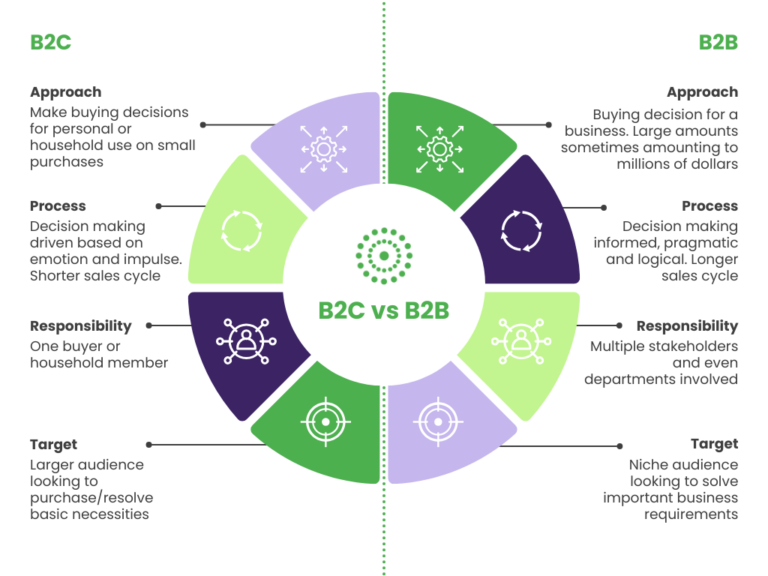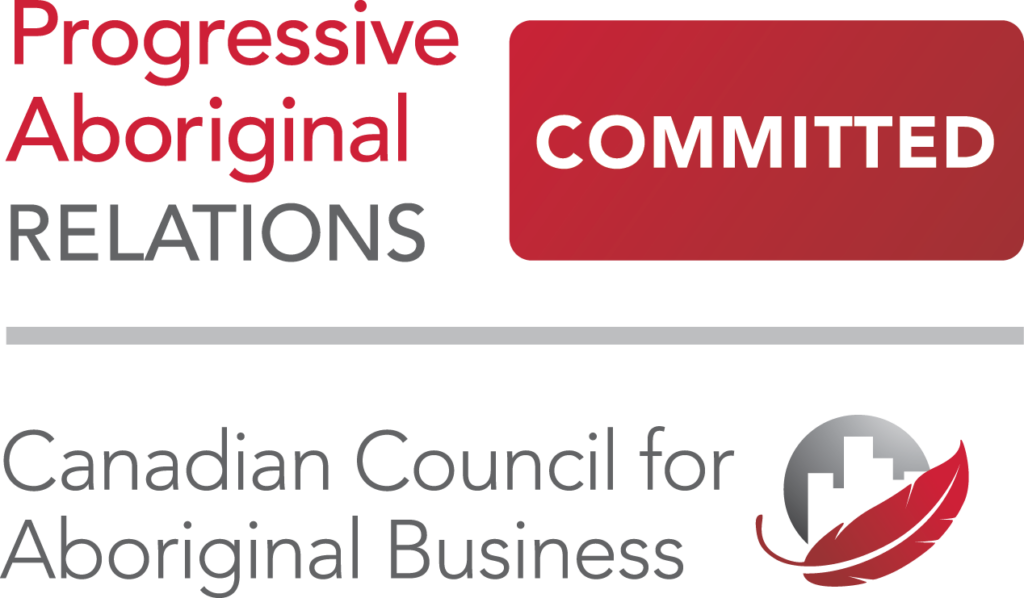Many businesses have discovered the power of affiliate marketing for their B2C (business-to-consumer) products, from retail to travel and leisure brands. Finding partnerships with content creators, digital publishers, and online news outlets who promote your business has proven to be incredibly successful in driving sales and has seen considerable growth in recent years.
Those who have worked in marketing B2B (business-to-business) products know this can often involve a more niche market and more complexities.
Have you been looking at how to tap into the world of B2B affiliate marketing? How to successfully increase your brand’s sales and increase engagement?
In this article, we outline what sets B2B affiliate marketing apart and the differences between B2C and B2B affiliate marketing. We share our expert knowledge on how to leverage effective affiliate relationships, the benefits of a B2B affiliate campaign, and the resources you need for a campaign that will set your program apart.
Read on to find out how B2B affiliate marketing helps businesses drive sales and engagement.
What Makes B2B Affiliate Marketing Different?
Decision-making when it comes to buying products for your business is far more pragmatic and well-thought-out rather than a quick emotional response. It can have large financial implications and affect a business’ ROI. Therefore, B2B purchasers require trusted sources that have used the product previously as a source of information in the decision-making process. When a client sees that a brand they recognize believes in a product, they’re more likely to trust the content and make a purchase. This is why working with customers, agencies and other brands who already use the product can be of exceptional value to an affiliate program.
As B2B products frequently have higher ticket items, buying can be more deliberate and time-consuming. B2B professionals know that purchasing software can be expensive and involves looking at its risks and benefits for their business. B2B decision makers look for referrals through word of mouth or from people who have used the product, that’s where high-quality affiliate partnerships come into play.
When a decision maker sees a publisher they respect talking about the B2B brand it has far more impact and builds further connections between the product and the end user.
As B2B affiliate marketing programs tend to have longer sales cycles, it can be useful to implement tiered payout structures. This way partners are incentivized to drive high-quality traffic and are paid throughout the cycle versus at the end.
That’s why working to develop the right relationships with experienced partners is essential as they understand the sales cycle. Longer-term relationships with B2B services and their clients mean that the lifetime value (LTV) is often larger and plays a bigger role than in B2C.

What are the Benefits of B2B Affiliate Marketing?
B2B affiliate marketing has seen growth and works well across a variety of verticals including banking, technology, finance, and retail. It is also growing amongst resellers such as agencies and brokers who are recommending the product and driving sales.
When done correctly, B2B affiliate marketing greatly benefits many B2B products from SaaS brands to corporate gifting. It can:
- Increase the number of sales leads generated for the product.
- Provide a platform for your brand to connect with the audience in a trusted setting.
- Produce free trial sign-ups for the product.
- Create new content on the B2B brand and increase engagement.
- Generate new revenue, leads, and sales in a cost-effective way.
By paying out on performance—whether through clicks, leads, or revenue— you guarantee a scalable way of driving new customers and sales to your brand, This provides a win-win situation for the B2B brand and publisher.
Finding the Right Partnerships.
Finding partnerships in B2B affiliate marketing can be far more nuanced than in B2C affiliate. Understanding the audience for a B2B product is key to finding the right partnerships.
Where does the target audience for this B2B product look for their information? What reviewers are trusted to give feedback and what was their experience using the product? This involves understanding the end user of the product and targeting affiliate partnerships based on the customer you are looking to reach.
Finding creativity with your partnerships in B2B affiliate marketing is equally important. Working with other B2B brands that share an aligned audience segment can be mutually beneficial. These types of partnerships produce high-quality results and excellent cross-promotion. These brand-to-brand partnerships allow you to gain access to an existing trusted circle. Exposing your business to new customers in a positive context gives you instant credibility.
However, ensuring a wide spectrum of high-quality partners will help engage the potential business customer at every step of the process. As a good rule of thumb, it’s important to work with traditional and non-traditional partnerships such as:
- Partnerships with Other B2B Companies
- Niche Content Publishers
- Large Media Sites
- Technology Partners that the B2B Brand Already Works With
- Email and Newsletter Content
- Social Media Influencers
- Review Sites
- Customers that Already Use the Product
- Agencies that can Recommend the B2B Service
It’s also crucial to look at where affiliates drive their traffic from, understand how much volume they drive, and what conversion rates they have. Using this information is key to determining the success metrics of the campaign.
In any B2B affiliate program, leveraging relationships with the networks such as Impact or Partnerstack is essential. Partners join these networks to receive their payouts, gain access to content and track their performance. It allows the B2B brand to have insight into metrics on the program and engage with partners.

Providing Resources to Partners
Tapping into B2B affiliate marketing involves ensuring partners have access to a variety of resources, so they have access to information that will allow them to:
- Produce compelling content.
- Understand the product and offerings.
- Have knowledge of the brand’s audience.
- Information on the sales cycle.
- Know who the brand’s main competitors are.
- Understand the payout model.
One crucial resource a B2B brand should have is its own landing page that highlights the benefits of its program. This is crucial and helps publishers understand how much they will get paid, the basics of the program, and how to join.
Note: Reviewing a potential publisher’s traffic and engaging with them before accepting them into a B2B program is necessary to confirm cohesion with the program.
Regularly engaging with partners—through newsletters, personalized outreach, connecting them with the B2B brand for product information, ready-to-post content, affiliate best practices, and even engagement surveys—is important for productivity and partner relationships.
Want Help Building Your B2B Affiliate Program?
Working with an affiliate management company that understands the importance of partnerships and has extensive experience in recruitment plays an important role in the success of B2B marketing. Add in the additional benefits of pay-per-performance and it’s a winning campaign.
Here at AIM, we have multiple years of experience in our dedicated B2B affiliate team; as well as established relationships with excellent affiliate partners and B2B clients.
If you’re looking for a way to reach new business, create new B2B sales, and bring in quality traffic and leads, then B2B affiliate marketing is an excellent way to do this.
Want to tap into trackable and substantial growth for your B2B brand? Then reach out to us here at AIM to find out more.












